The governments of Czech Republic and Italy will team up at this week's European Council summit in Budapest to call for a delay on the imposition of emission-related fines on European carmakers scheduled for introduction next year, citing falling demand for electric vehicles, or EVs.
As from 2025, carmakers will be expected to build vehicles producing 15 percent lower carbon emissions, as part of a move toward a European Union goal of 100-percent reduction by 2035.
However, Czech Transport Minister Martin Kupka told broadcaster CNN that next year's target is now not realistic.
"They can't meet the target because interest in electric cars has fallen across the EU," he said, adding that the fines would be counter-productive as they would take away funds that manufacturers could otherwise invest in EV technology.
The Italian government has backed the Czech stance, and in Germany, which has one of the biggest automobile industries in Europe, Economy Minister Robert Habeck, who is a member of the Green Party and a strong supporter of EVs, has agreed that a temporary halt to fines would be of wider benefit to the auto sector.
Kupka's comments come weeks after Martin Jahn, vice-president of the Czech Industry Confederation and a board member at the country's best-known car manufacturer, Skoda, made a similar prediction on Czech television.
"At the moment, it is becoming apparent that it will be impossible to meet those targets. The interest in electric cars firstly increased from 14 percent to 16 percent, but then fell back to 14 percent, while we were expecting 20 percent on average," he said, adding that demand is likely to remain flat next year.
"Unless the policy is rethought, the next few years will be quite painful," he continued. "We will have to pay fines or buy credits from other car companies — those that only make electric cars — like China."
There is currently a dispute going on between China and the 27-member EU about tariffs that the EU wants to impose on Chinese EV imports.
Last week, the EU agreed to impose additional duties on Chinese EV imports, ranging from 8 percent to 35 percent, on top of an existing 10 percent tariff.
China on Monday appealed to the World Trade Organization's dispute settlement mechanism against the EU's final ruling of countervailing measures on Chinese EV, according to a spokesman of China's Ministry of Commerce.











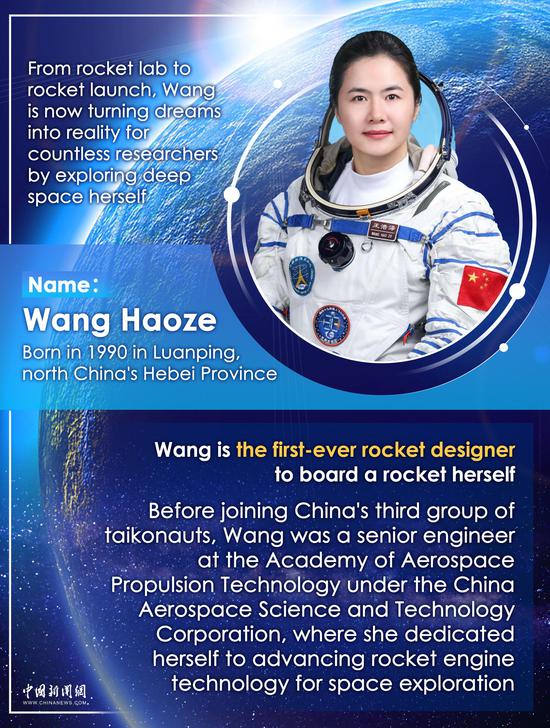

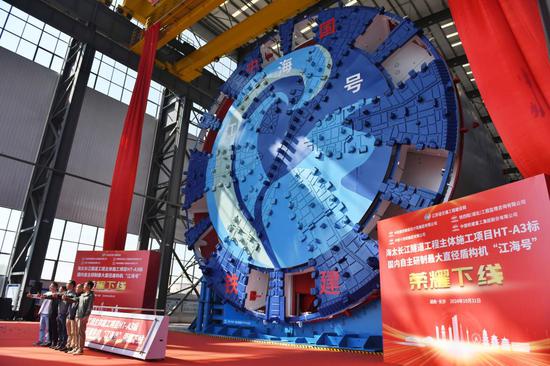




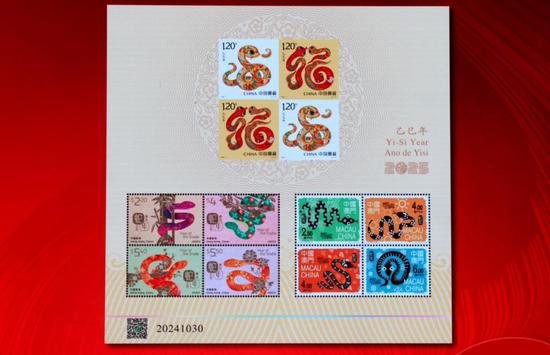



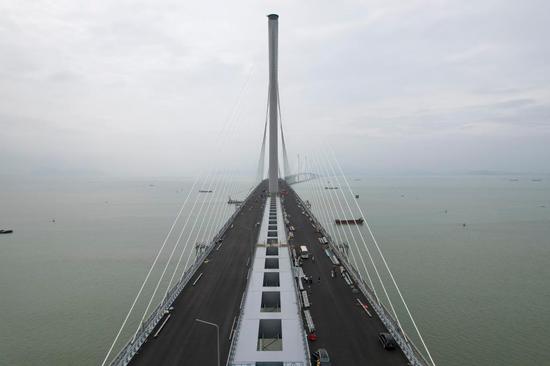











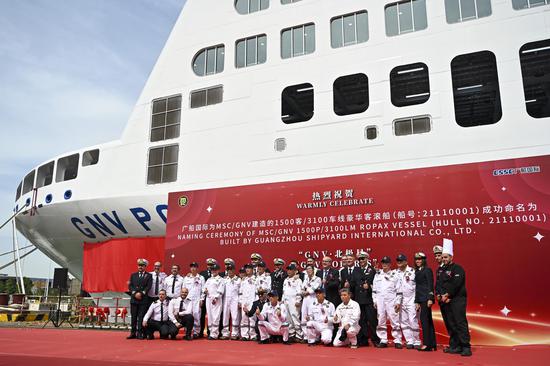

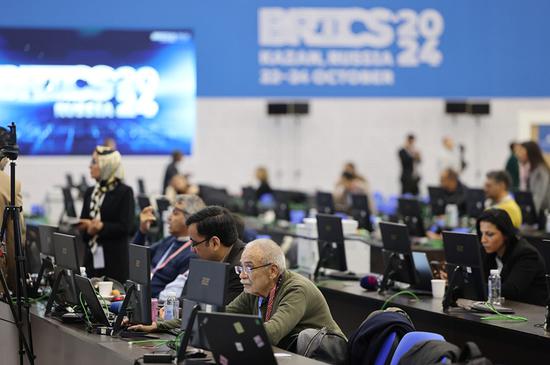
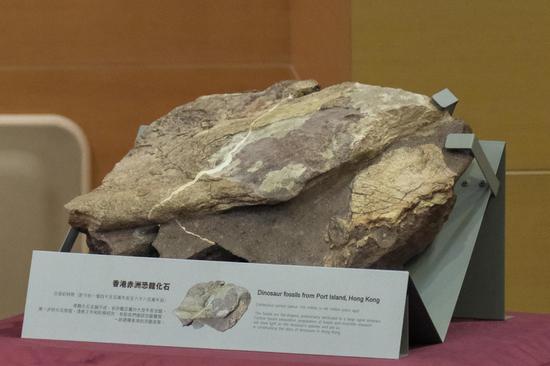
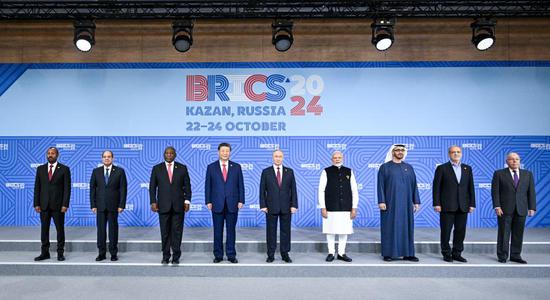







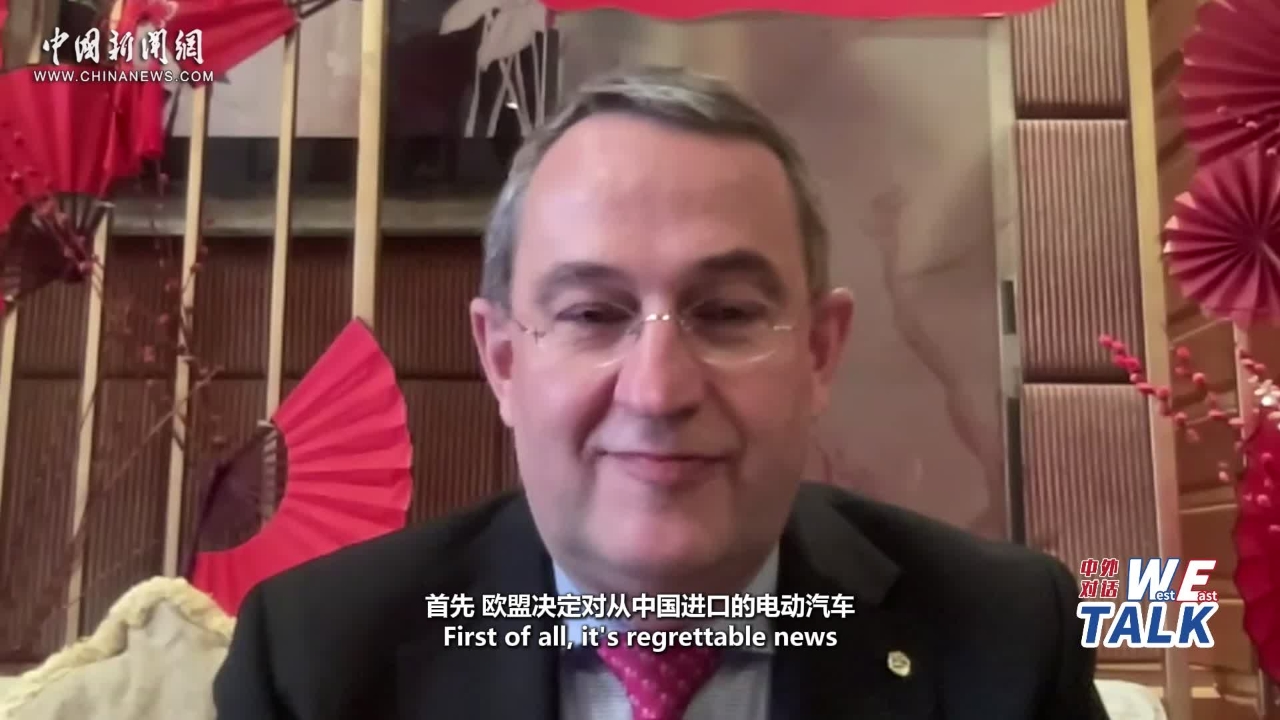

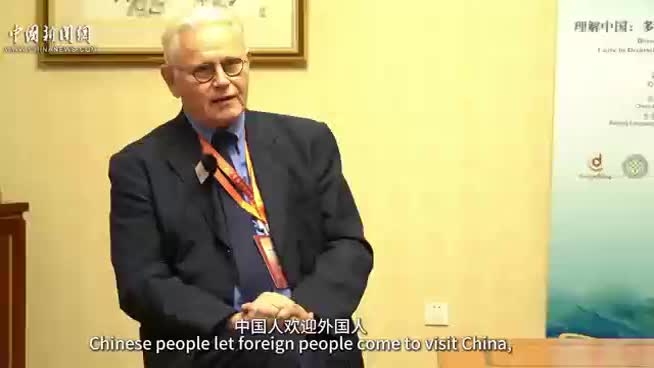

 京公网安备 11010202009201号
京公网安备 11010202009201号